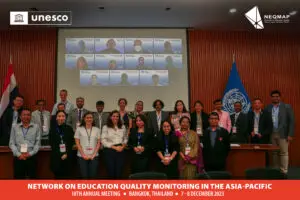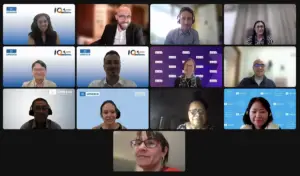On July 24, 2023, NEQMAP hosted the 6th webinar featuring Professor Sandra Milligan, the Executive Director of Melbourne Assessment. Melbourne Assessment (MA), a research-based social enterprise within the University of Melbourne, is a formidable entity in reshaping the way we assess and report on student learning.
Prof. Milligan and her team, over the past decade, have been actively innovating robust, scalable methods and tools. Their focus is on aiding teachers in assessing and reporting areas of the curriculum traditionally viewed as difficult to gauge, such as general capabilities, 21st Century skills, agency in learning, and more. Prof. Milligan used this webinar platform to elaborate on how new metrics for learning are being established that comprehensively capture the learning objectives.
The ‘next-generation’ assessment methods propounded by Prof. Milligan center around the development of competence. They transcend the conventional focus on mere knowledge acquisition or adherence to tested requirements. These assessments yield ‘next-generation’ credentials, providing a comprehensive profile of a learner’s capabilities and celebrating their successes across a broad spectrum of valued learning.
Prof. Milligan’s trailblazing work plays a significant role in questioning the adequacy of traditional metrics such as PISA and other standardized tests. She contends that reliance on these old methods, in isolation, inadvertently narrows the focus of both teachers and learners, constraining it to what can be examined by outdated strategies. Her advocacy for the next generation approaches offers a refreshing broadening of focus, reflecting more of what we value for learners throughout their twelve years of schooling.
To dive deeper into the captivating discourse led by Prof. Milligan, we invite you to explore the following resources from the webinar:
You can also delve into the informative Powerpoint presentation used during the webinar, available here.
We strongly encourage our readers and followers to check these resources for a better understanding of the shift in perspective on student assessment methods and the transformation toward 21st-century skills assessment.






